Students
Pathways to Equity Bursary is now live until November 15, 2024!
Equity-deserving students are encouraged to apply early. Bursaries will be awarded on an ongoing basis until funding is exhausted. Review details on the bursary page and register for an information session.
The first and foremost beneficiary of EL is the student. Students are eager to have real-world experience integrating their academic learning with practical experience.
Students at Toronto Metropolitan University have multiple opportunities across campus to partake in EL. Whether these opportunities are embedded into program requirements, optional accredited undertakings, entrepreneurial endeavours or pursued through one of the 10 Zones (opens in new window) , EL plays a vital role in all aspects of the student experience. We’ve put a list together of EL opportunities happening inside and outside the classroom at Toronto Metropolitan.
Opportunity to integrate theory and practice
Develop skills, competencies and values that will support you in your career and life
Obtain increased academic and career clarity
Foster and nurture professional networks and connections
Create real-world impact through academic content
As a leader in EL, Toronto Metropolitan continuously innovates and expands upon the types of EL opportunities available to students. Below are just a few examples of what we have to offer. To find out more about the EL opportunities available to you, please visit your faculty and program websites for more detailed information. You can sometimes find this information in the course descriptions or course syllabus. If you’re interested in immersing yourself in EL opportunities outside of your program or faculty, Toronto Metropolitan offers plenty of EL-based resources available to students across campus.
Case Studies
Case studies are opportunities for students to apply their learning to real-world scenarios by working through complex, ambiguous real-world problems.
Capstone
Capstone courses and projects allow learners to apply the skills and knowledge they’ve acquired from all program courses and unite topics to solve a problem. Capstone projects can be research or community-based, depending on the program of study.
Community-Based Learning
Allows students to link theory and practice as they participate in community-engaged activities and projects to address community needs.
Co-operative Education
Co-operative Education is a method of combining classroom-based education with practical work experience. If you are interested in pursuing a co-op opportunity, please visit the TMU Career & Co-op Centre, TRSM Business Career Hub, or FEAS Co-operative Internships.
Co-operative Internship
Co-operative internships link academic programs with intentional work experience. If you are interested in purusing a co-op intership contact the FEAS Co-op & Internship Program office.
Entrepreneurial
Students apply their degree coursework to real-world startups, causes, companies, projects or ventures. Students can utilize mentorship, resources, and space, to engage in the early-stage development of business start-ups or to address real-world needs for academic credit.
Equity-Centered Learning
Opportunities within diverse communities that improve outcomes of social, environmental and community wellbeing. These opportunities will promote a systemic justice lens, decenter Western and eurocentric ways of being and knowing, develop critical self-reflection and/or explore personal narratives through an understanding of how power, privilege, bias and discrimination operate.
External Project
Applying course concepts, students work with external partners and organizations to find solutions and create recommendations for real-life issues faced by external partners. External partners are encouraged to provide students feedback as a meaningful solution is created.
Field Studies
These experiences may be directed or mediated by an instructor and include a variety of time-sensitive tasks that require varying levels of student participation outside of the classroom. Field studies can include fieldwork, experiences, trips and site visits that allow students to be immersed in while applying and gaining deeper understanding of course concepts.
Gdoo-maawnjidimi Mompii Indigenous Student Services
Provides specialized services for First Nations, Metis and Inuit students on campus to develop a mutually productive relationship between Toronto Metropolitan University and the Indigenous Community.
Global Learning
Global Learning manages and supports global learning programming for students, coordinates international experiences, and forms partnerships to advance community engagement, innovation and global awareness. Global learning opportunities entail experiential learning opportunities outside of Canada.
Internships
Linking an academic program with work experience, students engage in work during the academic study year in a program-related field. Internships allow students to apply and expand their knowledge and skills in a work-related, professional environment. Internships are typically unpaid and require a certain amount of hours for completion. Opportunities may be full or part-time.
Lab Work
Provides hands-on application of course concepts, tools and techniques in a controlled setting. Not limited to science-related fields and typically conducted during the academic school year.
Land-Based Learning
Typically occurs in a localized context exposing students to indigenous and community-based narratives and experiences. These programs may be Indigenous-led or work to meaningfully incorporate Indigenous knowledge under the guidance of Indigenous Knowledge Holders and Elders, with whom the students may engage with
Live Actor Simulation at TMU (LAS)
LAS works with faculty, staff and external clients to design and deliver authentic experiences that mirror an academic or professional environment. Students engage with academic content through content-specific simulations, designed to emulate “real-life” situations.
Practicum/Placement
Allowing students to apply theories and techniques learned within a classroom to a supervised practice-related environment. All work experience is under the supervision of a registered or licensed professional. Students are often unpaid but receive academic credit, as experience is often required for professional licensing or accreditation.
Research Projects
Involves a major course component, a process of substantial discovery, synthesis or application of information to solve a particular problem innovatively and originally. Students can work on projects developed through collaboration with community partners or organizations to identify, analyze, and solve issues or opportunities. It can be done individually or in a team setting.
Student Research
Toronto Metropolitan University offers world-class training to students through EL and research opportunities. The OVPRI is committed to building student capacity imparting the skills necessary to become the next generation of highly qualified personnel.
Studio
Students are able to develop technical skills while applying course concepts in a controlled setting. Studio courses are not limited to design or Arts related fields.
TMU Zones
Toronto Metropolitan’s Zones provide students with the opportunity to cultivate, organize and manage a startup business, social enterprise, or innovative concept from development through to implementation.
Toronto Metropolitan faculties offer students specific additional resources. Below are some of the ways your faculty can assist you. Please visit your faculty or program website for a specific overview of what is available to you.
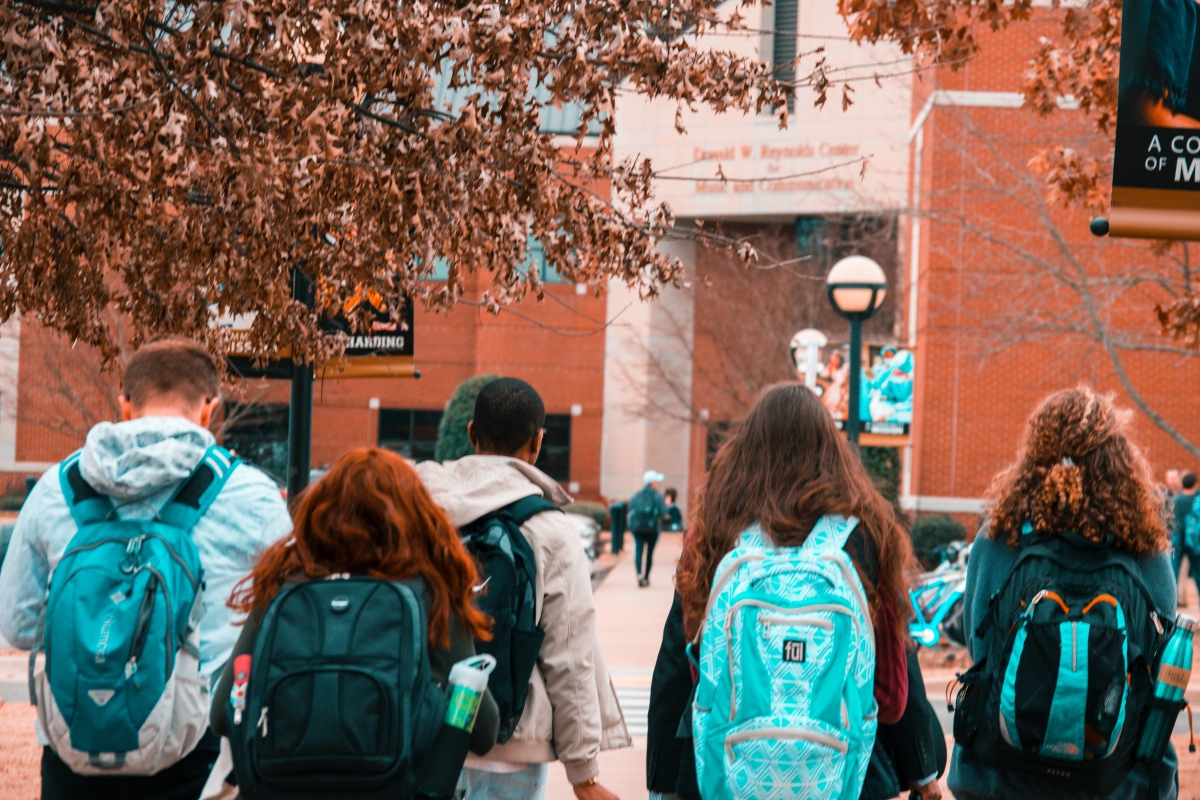 (opens in new window)
(opens in new window)
The Student Experience Centre helps Arts students engage with their faculty and community, make connections and accomplish their goals. They offer personal and career counselling, leadership training, community involvement opportunities, student funding, links to campus-wide services and more.
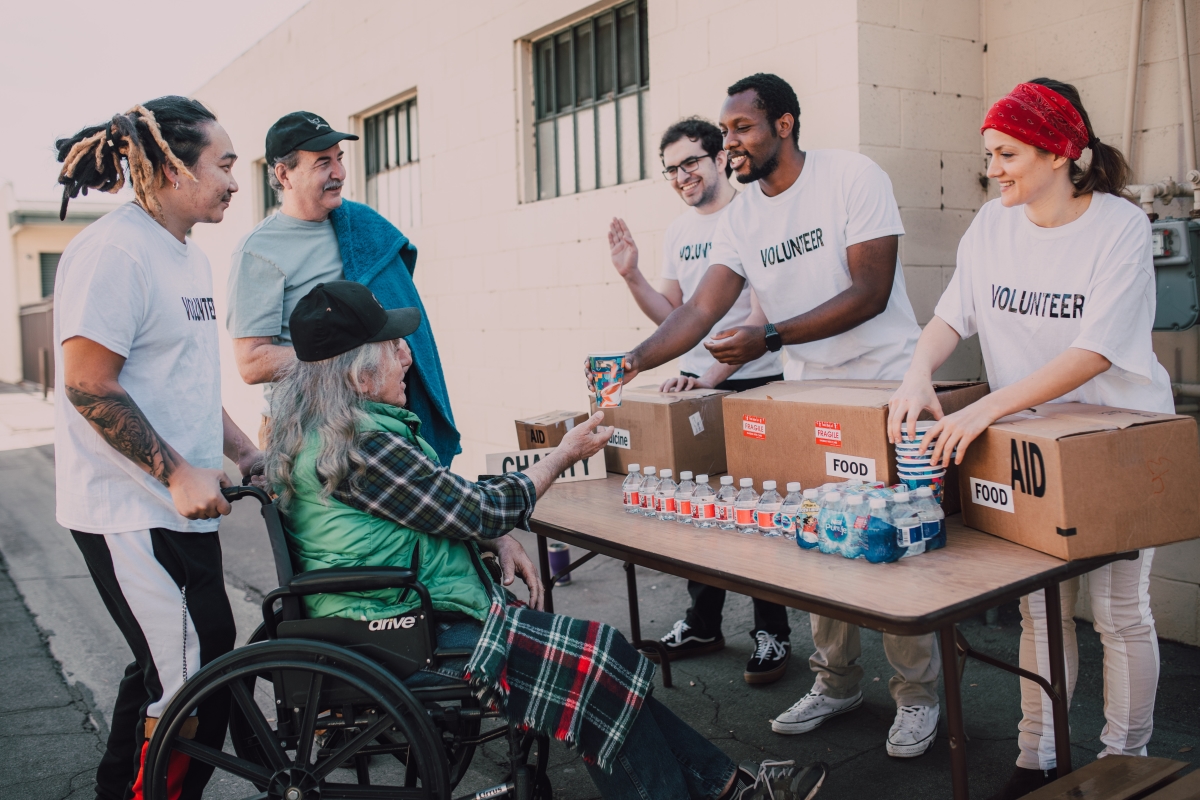 (opens in new window)
(opens in new window)
FCS Students have the opportunity to develop practical knowledge and skills through classroom learning, internships, field placements, co-op, simulations, online activities and other EL opportunities.
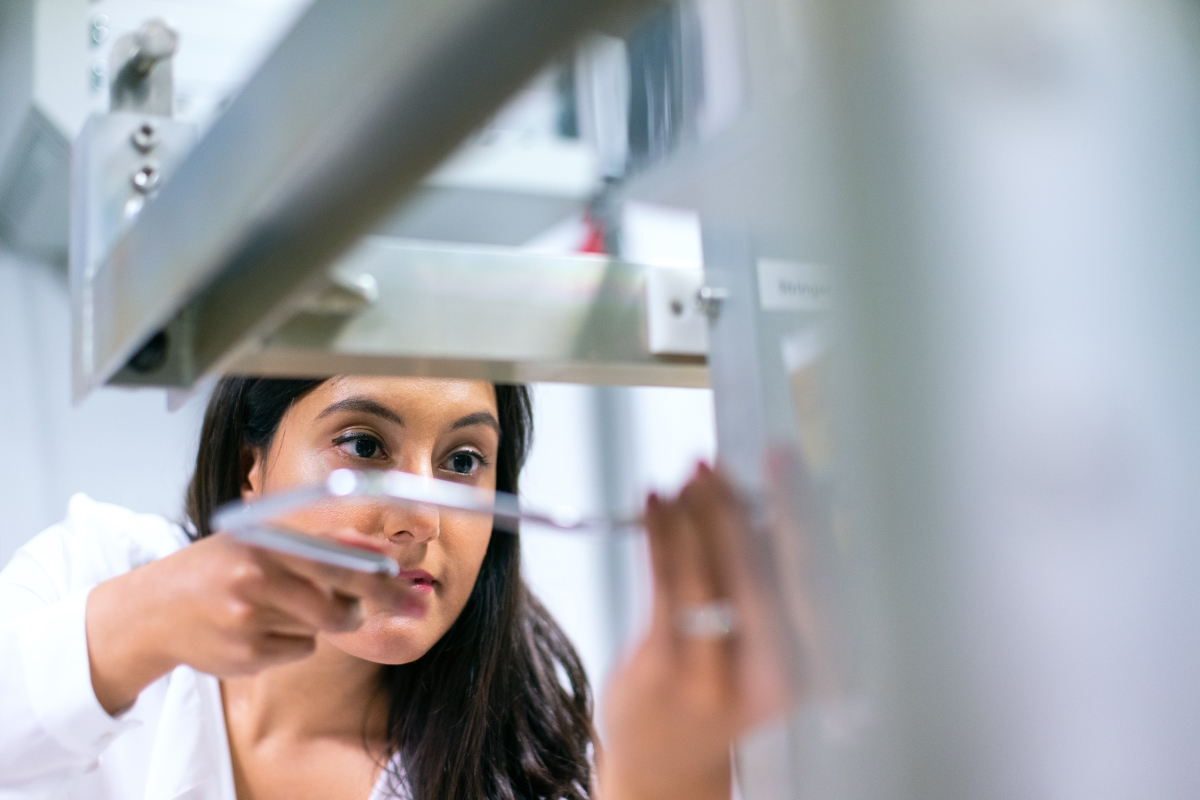 (opens in new window)
(opens in new window)
Second-year FEAS students are encouraged to explore and develop their potential while creating professional goals and developing crucial communication and interpersonal skills through the FEAS NEXT program.
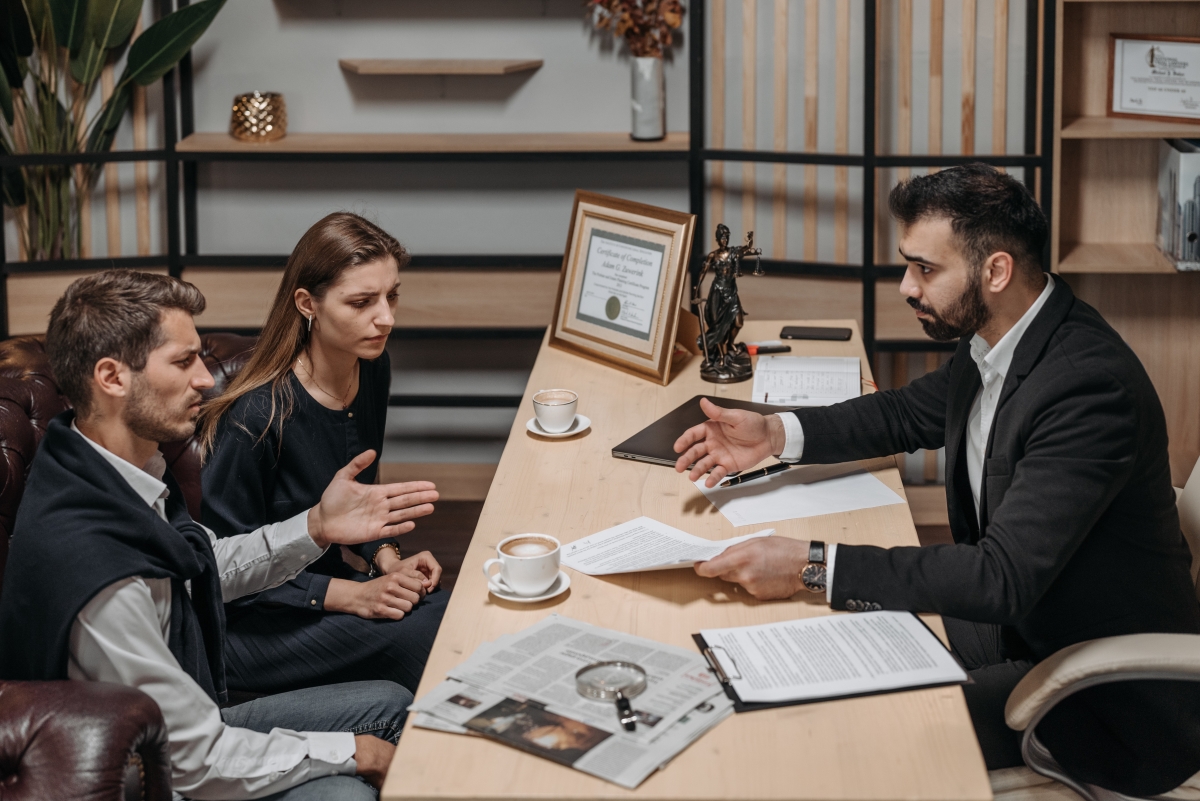 (opens in new window)
(opens in new window)
The Law Practice Program (LPP) conducted in partnership with LAS is an approved pathway to lawyer licensing in Ontario that offers simulated, virtual training with a hands-on work term.
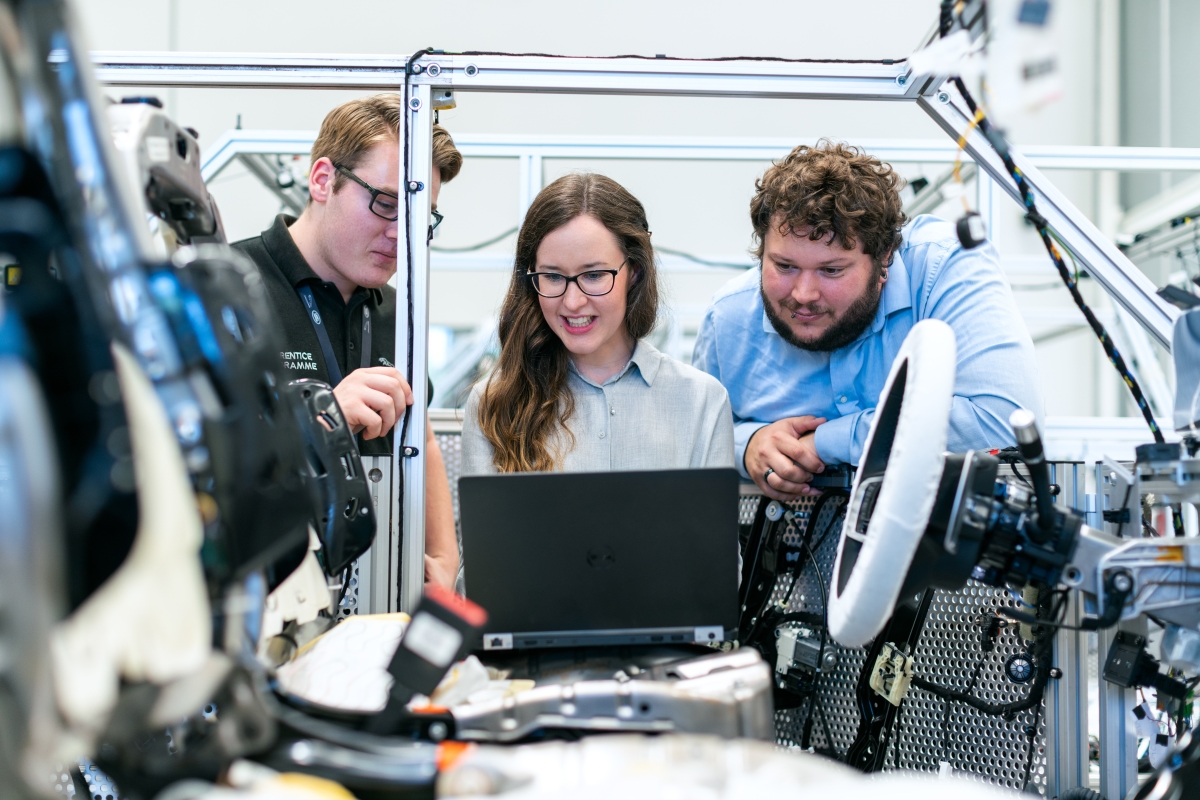 (opens in new window)
(opens in new window)
Science students have the opportunity to participate in co-op placements, global exchanges and research assistantships, among other outreach and event opportunities.
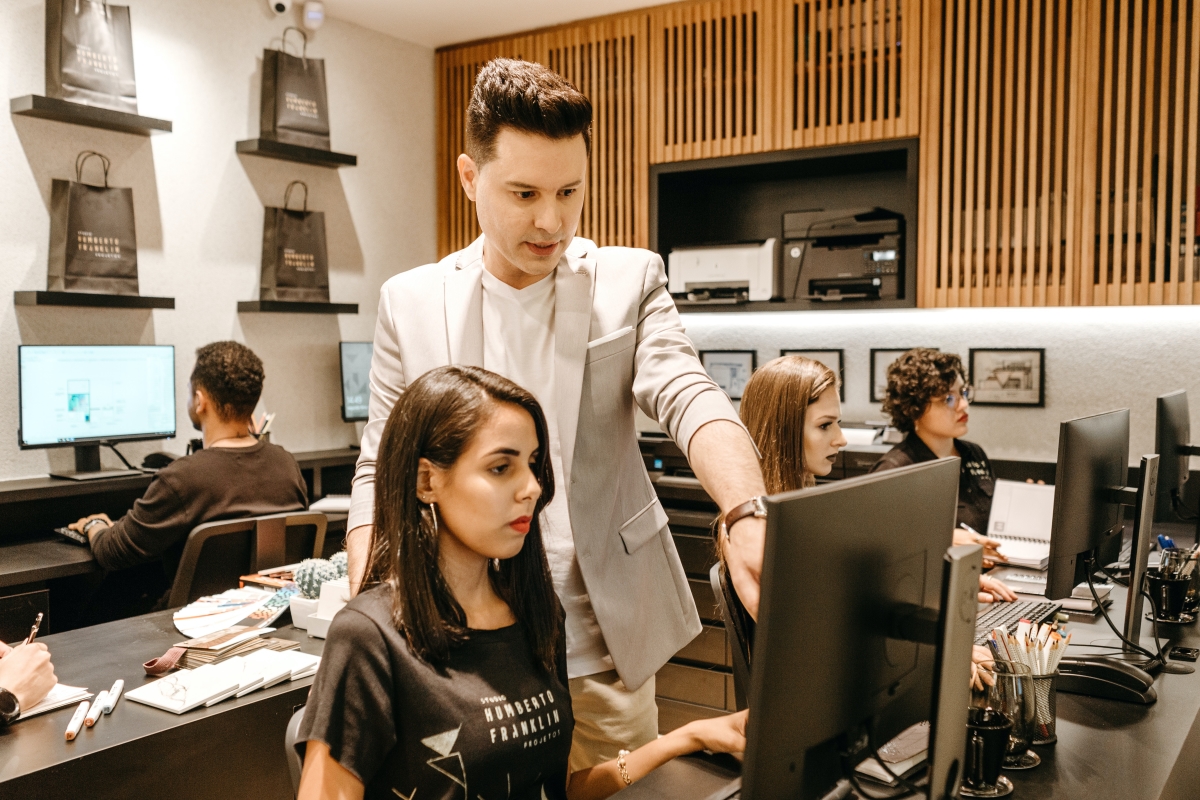 (opens in new window)
(opens in new window)
TRSM Students have access to co-op opportunities, international exchanges and career-related support through The Business Career Hub.
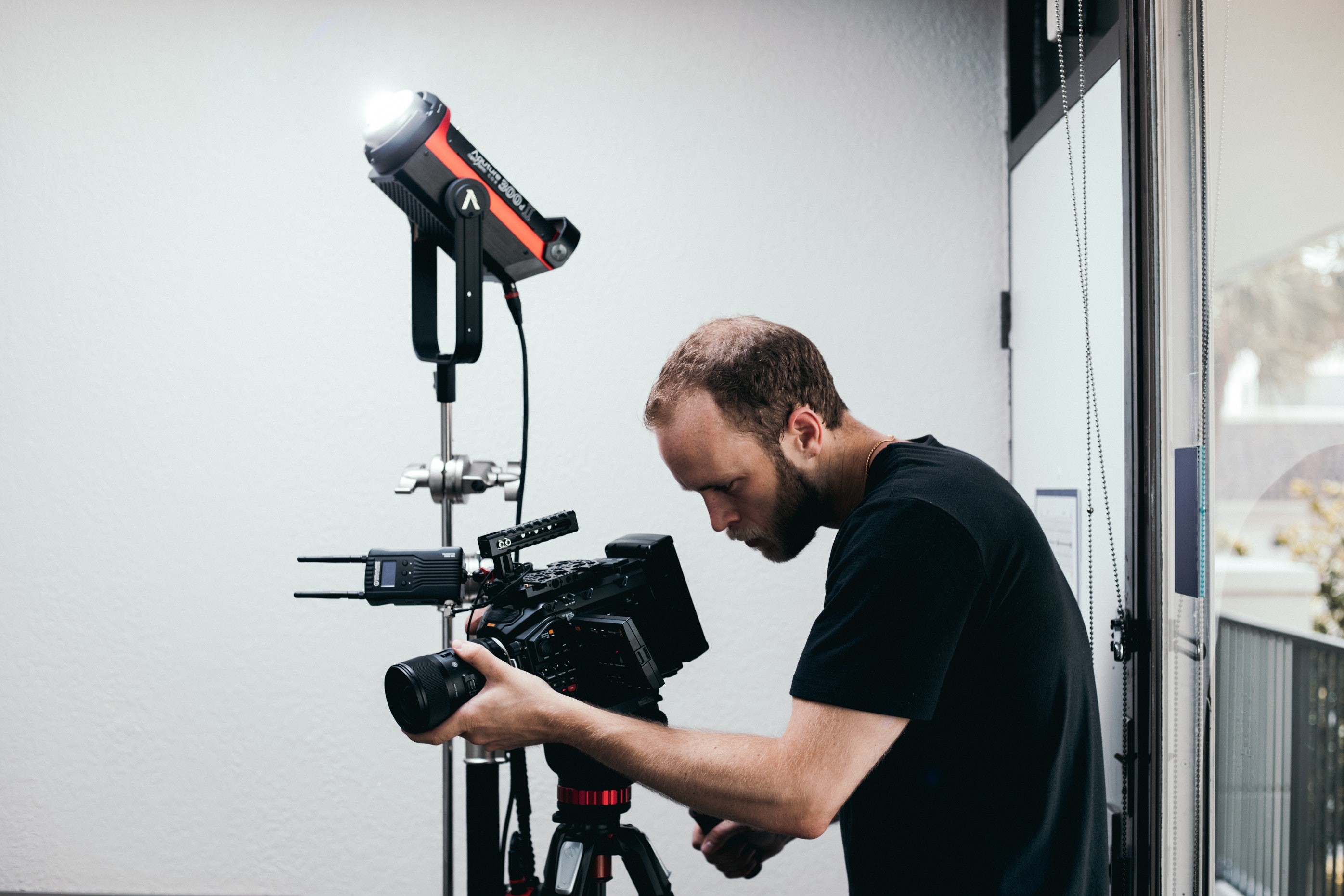 (opens in new window)
(opens in new window)
Students at the Creative School have access to EL opportunities through hands-on learning experiences, unique industry partnerships, global opportunities, or industry experience and networking partnerships.
Don't see your EL opportunity or resource here? Reach out to us at experiential@torontomu.ca and we will add it!
